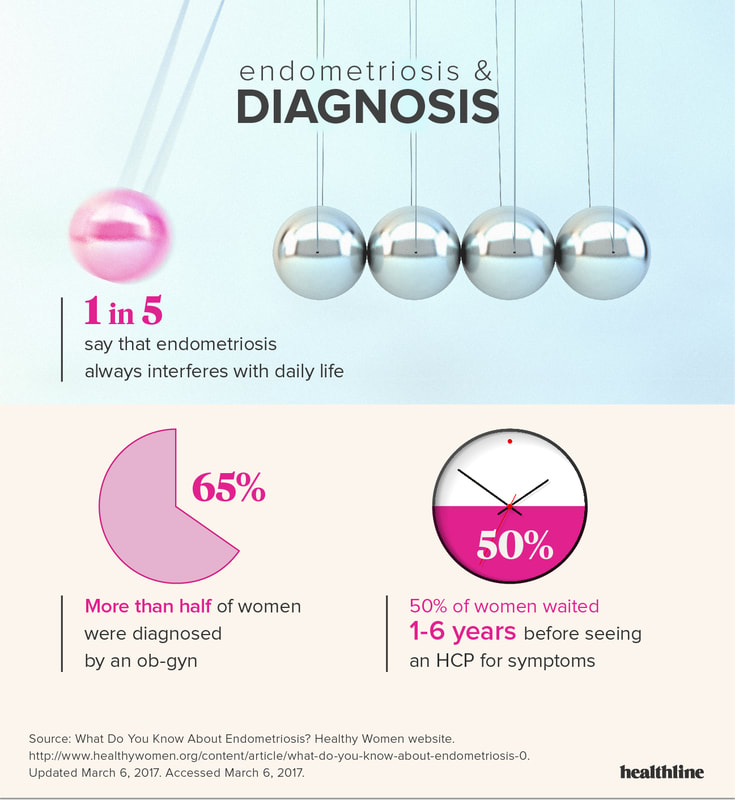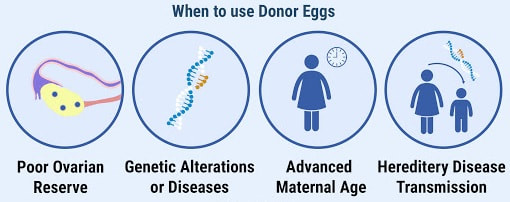|
0 Comments
Dr. Wilshire discusses the reasons for needing or not needing donor eggs after age 40. Testing and personalized decision making is reviewed. If you are considering having surgery to reverse your tubal sterilization, we invite you to watch this video. Dr. Wilshire discusses the information we will need to make your surgery a success! With conflicting treatment approaches to hypothyroidism, Dr. Wilshire explains how infertility specialists assess and treat hypothyroidism. What is your thyroid? What does it do? Is it important with regard to fertility? In this video, Dr. Wilshire explains the basics about thyroid function, its importance, and how doctors evaluate thyroid function. #thyroid #hypothyroidism #hasimotos #thyroidfunction #thyroid101
Dr. Wilshire discusses the recent NY Times article: The Big IVF Add-On Racket. The article may be found here: https://www.nytimes.com/2019/12/12/opinion/ivf-add-ons.html You may have read that when you're trying to conceive, you need to wait before going to a fertility specialist. The standard recommendation is if you're under 35, you try for a year; if you're 35 or older, you try for six months - then you start the process of an infertility diagnosis. Sounds reasonable, except for some women (and men), waiting is wasting time. Dr. Wilshire explains the ten exceptions to waiting. The ten reasons are:
#infertility #drwilshire #ttcjourney #ttc #haveababy Unfortunately, the cause of endometriosis is not completely understood, though a number of possible reasons for the disease have been addressed. Possible causes of endometriosis include:
Genetics. Endometriosis appears to run in families, which suggests a genetic component to the disease. Menstrual Fluid Backup Endometriosis may be the result of a backup of menstrual fluids. If menstrual fluids back up through the fallopian tubes, it is possible that the tissue can take root outside of the uterus. This backup (retrograde menstruation or Sampson’s Hypothesis) is undoubtedly a cause of some endometriosis. Birth control pills have been known to work in treating this type of endometriosis. Problems with Lymph and Blood Systems Endometriosis may be caused by a problem with your lymph or blood systems. These systems are responsible for distributing endometrial tissues around the body. This may explain why doctors are occasionally surprised to see rare cases of endometriosis in the lungs! Spontaneous conversion of pelvic lining cells This theory (called coelomic metaplasia) is gaining more traction in recent years. Stem cells within the tissues which coat the pelvic organs may develop a mind of their own and begin to behave like and convert to endometrial cell types. These cells may be particularly aggressive since they can make their own estrogen (that is, they can fuel themselves), and they may resist treatment with progesterone-like hormones. Surgery is typically used to treat this type of aggressive endometriosis. Infertility treatment is never easy; in fact, it can be quite stressful. There are things you can do each day to help yourself feel in control and empower your thinking toward the positive and not the negative.
Practice Self Awareness: Know yourself, your limits, strengths, weaknesses, and most of all your values. When you feel run down, tired, or like you want to give up, rest and take care of yourself. Remember, it's also okay to say no if you don't feel like doing something. Use Positive Self Talk: Be your own advocate. You are pretty freaking awesome - make sure you REALLY know it. If you don't believe it, say it to yourself, again and again; we tend to believe what we tell ourselves, so be sure you're using positive affirmations to yourself each day. Strive to Learn: Learn something everyday. Lifelong learning is a way to keep our minds open, maintain our curiosity, and also not focus on negative things! Seek to Understand People: We are all different, yet we are also all the same. So before you seek to be understood, seek to understand. Live in the Present: Enjoy each and every day. Don't look back, that's not the direction you're heading - your going forward, into the future! Don't Worry About the Future: Worrying does nothing, so let it go; see live in the present! Don't Regret Your Past: Own it. Learn from it. Use it. and Let it go. Simple. Don't Run Yourself Down: See Positive Self Talk above - you are AWESOME. End of Story. Believe In Yourself: You've got this! #wednesdaywisdom #loveyourself #selfcare #infertility #columbiamo #missouri |
�
Archives
March 2023
Categories
All
|
- About Us
-
Services
- Infertility >
- Fertility >
- Third Party Reproduction
- Reproductive Surgery
- Patient Resources >
-
Fertility Facts
>
- Age & Infertility
- Conception 101
- Endocrine Disorders
- Endometriosis
- Fallopian Tube Issues
- Female Infertility
- Infertility FAQs
- Infertility Myths
- Male Infertility
- PCOS
- Pelvic Pain
- Premature Ovarian Failure
- Recurrent Pregnancy Loss
- Secondary Infertility
- Sexually Transmitted Disease
- Unexplained Infertility
- Uterine Disorders
- IVF
- Blog
- Contact
- Patient Portal
|
|
Missouri Fertility
1506 E Broadway Suite 220 Columbia, MO 65201 Info@MissouriFertility.com Phone: 573-443-4511 Fax: 573-443-7860 |
Patient Portal |











 RSS Feed
RSS Feed
